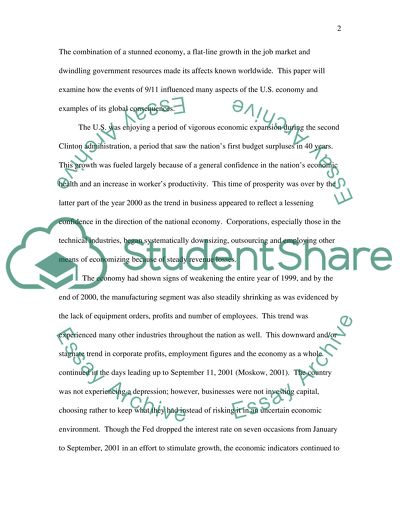Cite this document
(“The effect of terrorism on the global economy Essay”, n.d.)
Retrieved from https://studentshare.org/miscellaneous/1537341-the-effect-of-terrorism-on-the-global-economy
Retrieved from https://studentshare.org/miscellaneous/1537341-the-effect-of-terrorism-on-the-global-economy
(The Effect of Terrorism on the Global Economy Essay)
https://studentshare.org/miscellaneous/1537341-the-effect-of-terrorism-on-the-global-economy.
https://studentshare.org/miscellaneous/1537341-the-effect-of-terrorism-on-the-global-economy.
“The Effect of Terrorism on the Global Economy Essay”, n.d. https://studentshare.org/miscellaneous/1537341-the-effect-of-terrorism-on-the-global-economy.


